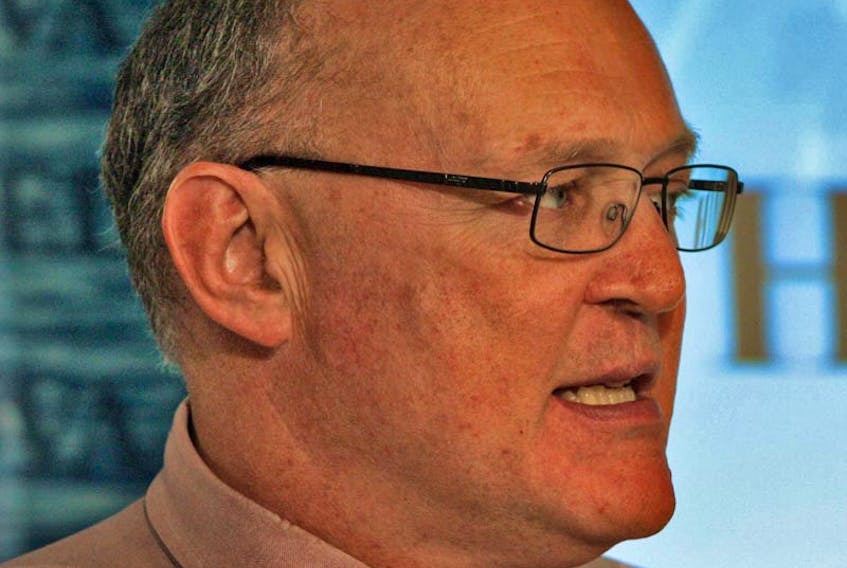Nova Scotia’s top medical officer isn’t expecting an unusually severe flu season but he’d like to see more people get their flu shot.
There have been reports from Australia, where the flu season occurs before the northern hemisphere, that the circulating flu strains have been particularly virulent and came early.
But Dr. Robert Strang said circumstances unique to that country relating to a carry-over of viruses from last year are likely to blame.
“All the other (countries in the region) New Zealand, South Africa, they had normal timing and level of severity, which was completely expected within the range of normal,” said Strang, chief medical officer of health, in a recent interview.
“It’s early days yet and it’s a bit risky to make predictions but there’s nothing that we’re seeing that would say we’re expecting anything other than the usual in terms of timing or level of severity this flu season.”
At the end of last year’s flu season — which officially ends in late August in Nova Scotia - 68 deaths had been recorded related to 774 laboratory confirmed cases of Influenza A and 23 laboratory confirmed cases of Influenza B.
All deaths were among adults.
In the previous year, 63 people died as a result of the flu, which was a jump from 27 in 2016-2017.
The province has ordered 447,000 doses of influenza vaccine at an anticipated cost of $3.4 million, which will begin to be distributed next week.
"When we get immunized, we’re not just protecting ourselves but we’re protecting those of us around us who are at a much higher risk of a severe outcome from flu."
- Robert Strang
Strang hopes more people will get their shot than have done so in recent years. Only 36 per cent of Nova Scotians were immunized last year, down slightly from the year before.
“I would love to see us have a significantly higher coverage rate,” he said, adding that even though our numbers are low, Nova Scotia tends to have a higher vaccine coverage rate than most provinces.
With pharmacies now offering free shots along with family physicians, lack of access to vaccines isn’t the problem, he said. Last year, pharmacists did half of all flu shots in Nova Scotia.
But last year, people in some communities complained they couldn’t get their shots. Strang said that was a matter of distribution, not a shortage of vaccine.
“We had 1,000 to 1,100 primary care locations that we needed to get vaccines to and roughly 400 pharmacies” last year, he said. “Some of those were running out but there was still lots of access to flu vaccine in other locations. It wasn’t an overall shortage.”
He said better co-operation among local providers such as doctors and pharmacies would help address that problem.
“I would love to run out of flu vaccine in January, February because that would mean we’re actually immunized a lot more people than we immunized last year.”
As for convincing more people to get their shot, Strang said it’s more than just protecting ourselves from the easily spread virus.
“When we get immunized, we’re not just protecting ourselves but we’re protecting those of us around us who are at a much higher risk of a severe outcome from flu,” such as seniors, children under five and the chronically ill.
Nova Scotia buys vaccine that covers four flu strains — two of the B type and two A — known as quadrivalent vaccine.
Most people get a standard dose but in a program started last year high-dose vaccines are distributed to long-term care facilities.
Given a jump in deaths in recent years from the flu, particularly among younger adults, there have been calls for the province to expand that high-dose program.
Strang said there have been discussions around making the high-dose vaccine available to seniors in the community but for this year at least that won’t be happening.
“It’s a much more expensive vaccine. We have to weigh out what would be the cost and the added protection that comes from the high dose vaccine.”
RELATED:









